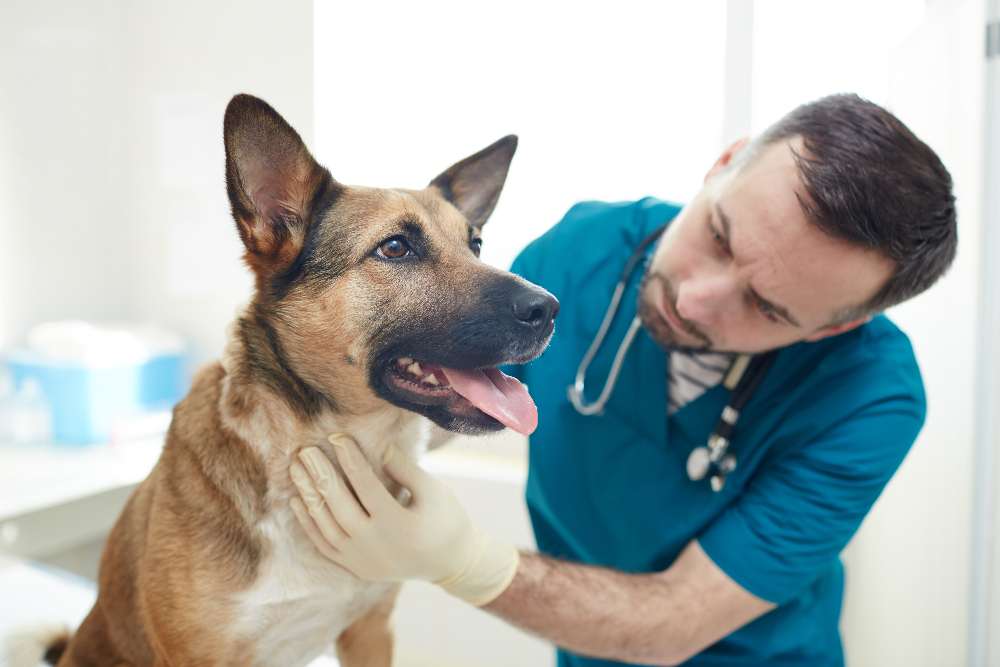As pet owners, we want the best for our animals, which involves keeping them healthy and working to ensure they receive proper medical care when necessary. One of the most crucial parts of pet care is regularly bringing them to the veterinarian for check-ups and vaccinations. However, many pets become anxious or fearful when visiting the vet, making the experience stressful for both the pet and the owner. In this blog, we will highlight how to prepare your pet for a vet visit to help ensure a smooth and stress-free experience for everyone involved.
- Get your pet used to being handled
One key thing you can do to prepare your pet for a vet visit is to get them used to being handled. This means regularly touching and holding your pet in ways that mimic what the vet will do during an exam. This includes touching their paws, ears, and mouth and gently restraining them.
Getting your pet used to being handled can help reduce their anxiety and stress during the exam. It's also a good idea to reward your pet with treats and praise during these handling sessions to help create a positive association with being touched and handled.
2. Get your pet used to the carrier
Suppose you need to transport your pet to the vet in a carrier. Getting them used to the carrier before the visit is essential. Leave the carrier in a familiar area where your pet spends time, and place treats and toys inside to encourage them to explore and enter the carrier.
You can also try feeding your pet inside the carrier to help create a positive association. Once your pet is comfortable going in and out of the carrier, take them on short trips in the carrier to get them used to the sensation of being transported.
3. Familiarize your pet with the vet's office
Many pets become anxious or fearful when they arrive at the vet's office, so it's a good idea to familiarize them with the office beforehand. Take your pet to the office when they're not due for an exam or procedure, and let them explore and sniff around. This can help reduce their anxiety and make the environment less intimidating during future visits.
4. Keep your pet calm and relaxed
On the day of the vet visit, it's essential to keep your pet calm and relaxed. Try to maintain a quiet demeanor, as pets can sense when their owners are anxious or stressed, which can exacerbate their anxiety.
If your pet is particularly anxious, consider giving them a natural calming supplement or using a pheromone spray designed to reduce stress in pets. It's also a good idea to bring their favorite toys or blankets to provide comfort during the visit.
5. Provide accurate information to the vet
During the exam, it's crucial to provide accurate information to the vet about your pet's health history, any medications they're taking, and any behavioral changes you've noticed. This information can help the vet make an accurate diagnosis and provide the best possible care for your pet.
It's also important to ask questions and voice any concerns. Your vet is there to assist you and your pet, and they want to ensure you feel informed and confident about the care your pet is receiving.
6. Reward your pet
After the visit, be sure to reward your pet with plenty of love, attention, and treats. This can create a positive association with the vet visit and make future visits easier for you and your pet.
In conclusion, preparing your pet for a vet visit can help reduce their anxiety and stress, making the experience more comfortable and less intimidating for everyone involved. By getting your pet used to being handled, familiarizing them with the carrier and the vet's office, keeping them calm and relaxed, providing accurate information to the vet, and rewarding them after the visit, you can help ensure your pet receives the best possible care and stays healthy for years to come.


